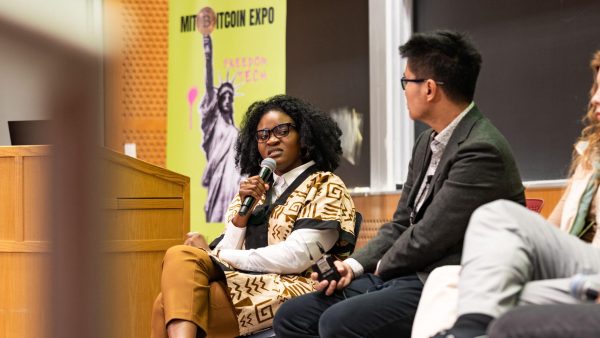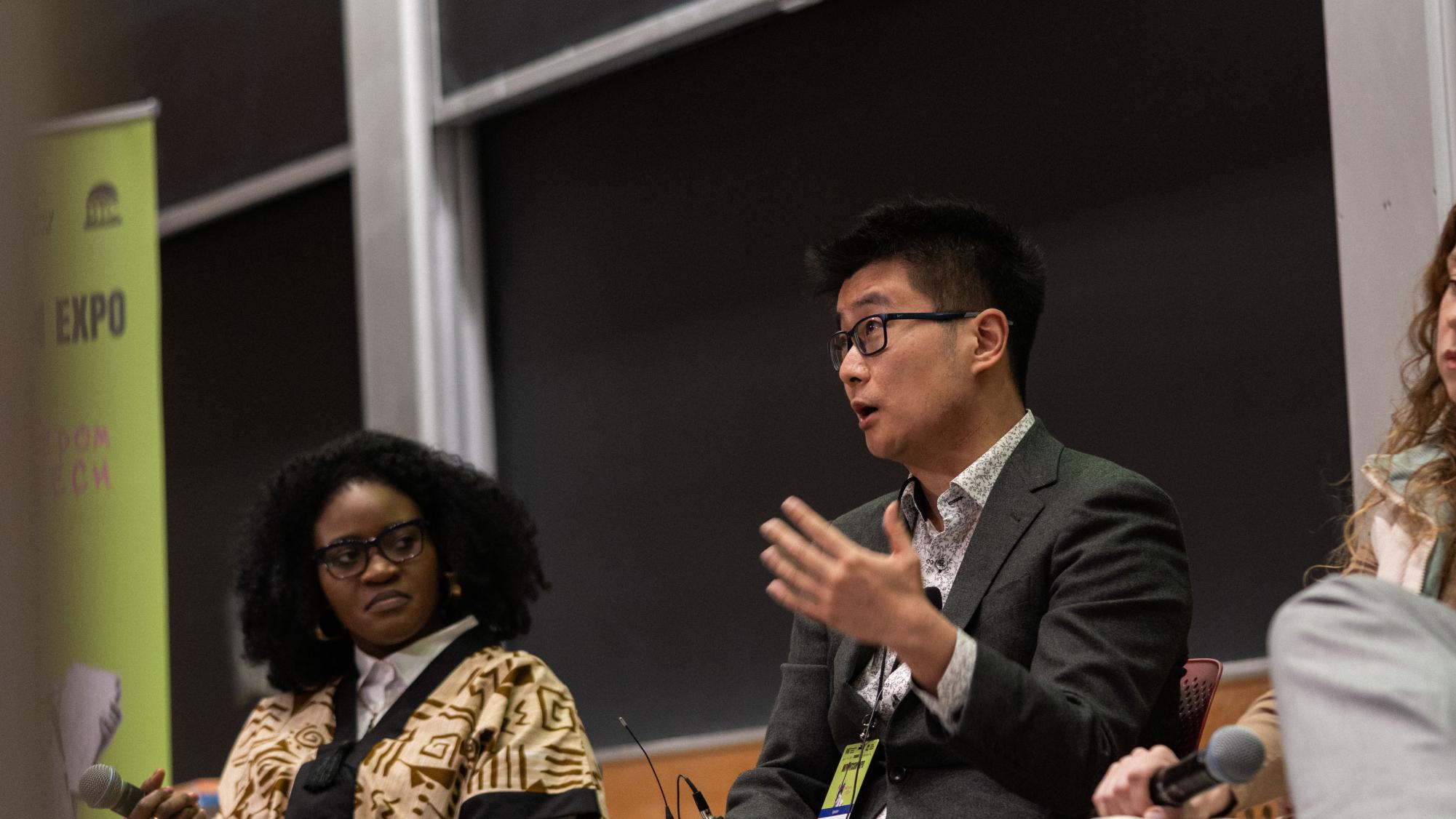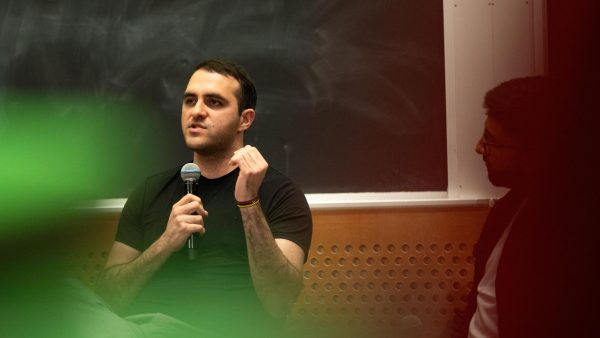Activists love bitcoin. At least, according to freedom fighters from Russia, Togo, and Venezuela, who spoke about financial independence in countries where transactions with local currencies are the reason why their country’s governments can track and silence them.Â
Bitcoin is controversial, often stigmatized after public scandals, like during crypto’s ex-poster boy Sam Bankman-Fried’s trial in 2023, currently serving a 25-year-long sentence for defrauding investors. But as with any currency, fraud and investment scams aren’t uncommon. The Federal Trade Commission’s latest report benchmarked a $10 billion figure of consumer losses across the U.S., which happened with regular currency.Â
Because at the end of the day, bitcoin is just money and also a form of empowerment for those who live in authoritarian regimes—according to a panel hosted by Arsh Molu, the director of Financial Freedoms at the Human Rights Foundation at the 12th annual Bitcoin Expo at the Massachusetts Institute of Technology on April 6.Â
“My country is ruled by the oldest military regime in sub-Saharan Africa who are backed by the French government. For us, money is the foundation of our struggle for freedom,” said Togolese activist Farida Nabourema.

In Togo, the local currency is handled by its ex-colonizer, France. The West African CFA, or franc, used in most former colonies, is managed by the French treasury, which holds at least 50% of all foreign reserves. Nabourema, who spoke at the panel on April 6, explained how French banks often redirect the CFA to buff their own economy at the expense of Togolese taxpayers, benefiting government officials.Â
Anna Chekhovich, the financial director of the late Russian activist and political prisoner Alexei Navalny’s Anti-Corruption Foundation, which, now based in Lithuania, has been running the organization with Bitcoin since 2015. Working in exile and labeled “extremists” by Russian President Vladimir Putin’s regime, members are often banned from Russian banking—Chekhovich herself lives without a bank account.Â

“I started my journey from Russia working under the surveillance of its regime. The banking system is used against freedom fighters and activists like me. All transactions and any payments, all this information is used against us,” said Chekchovich.Â
Because of the ACF’s ties to Russia, Chekhovich explained how it’s nearly impossible for them to open new lines of credit within Western banking, saying that Putin’s regime tracks all transactions, even those made by diasporas living overseas. Supporters often risk imprisonment for making donations, according to Chechovich.
In these scenarios, bitcoin is a solution. It’s untraceable and untouchable, says Chinese-Canadian journalist Roger Huang, who has been writing about crypto since 2014.Â

“Even in Hong Kong, protesters realized their subway activity was being tracked by police, and a lot of them were trying to diversify a way outside of the Hong Kong dollar,” said Huang.
Chinese citizens can earn wealth, but can’t choose to meaningfully bring that money outside of the Chinese system, according to Huang. The central bank of China limits each citizen from converting no more than $50,000 USD worth of foreign currency per year. Even though the People’s Republic has banned Bitcoin dozens of times, it comes back stronger. Huang says for many young people in China, crypto is an answer outside of exchange rates.
Jorge Jraissati, who escaped Venezuela with bitcoin after leading protests against President Nicolás Maduro’s regime, runs the Economic Inclusion Group, an organization fighting corruption and financial collapse within the country.

“We have been 25 years into a brutal dictatorship based on debanking, economic exclusion, and weaponization of finance,” said Jraissati.
He says fighting against these values in America is the most effective way to support democracy.Â
“We realize our quest for political freedom is also economic decolonization. We use [bitcoin] to counter the system that has kept us in bondage,” said Chekhovich.